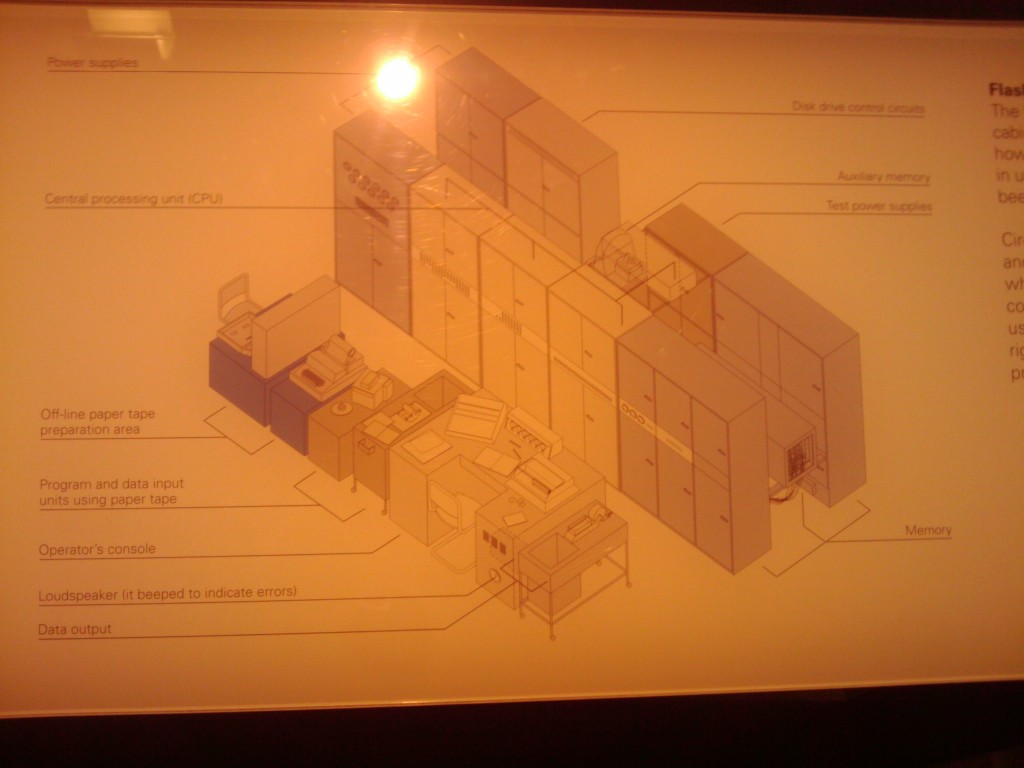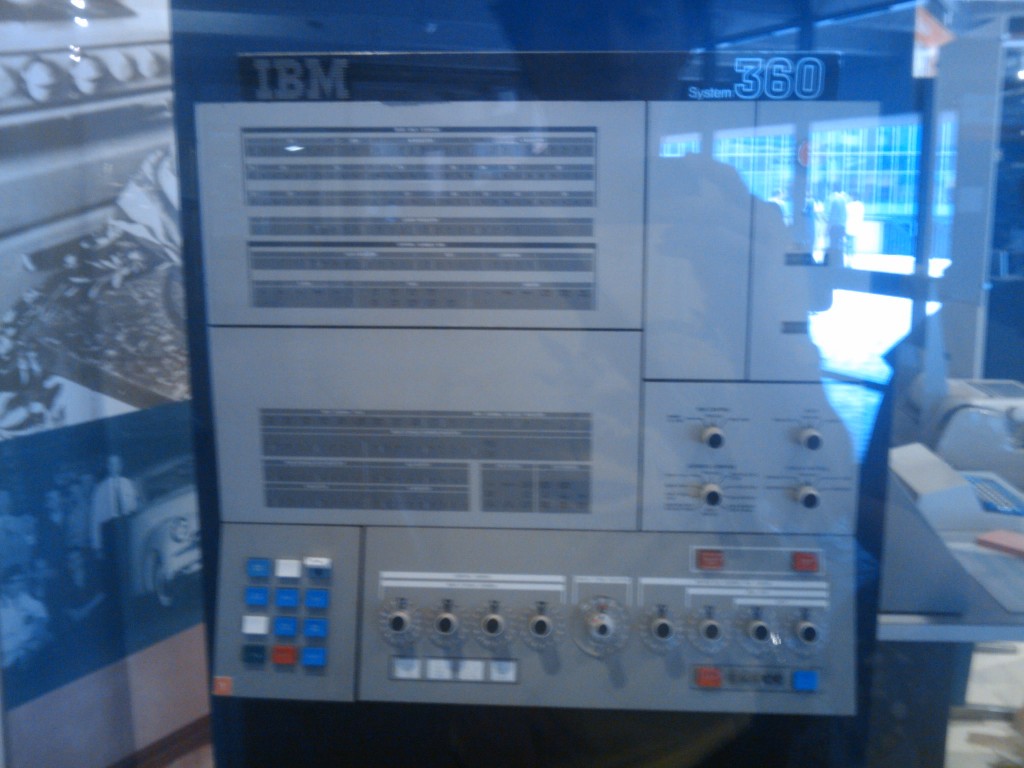Those who know me will know that I’m a long term CentOS user – this actually started from my love of RHEL, back in my early Linux using days when I was running Red Hat 8.0.
Whilst it made financial sense for Red Hat to switch to making their product only available in binary form for their customers, at the same time I can’t help but feel this has damaged the appeal of Red Hat for geeks like myself – I’m no longer able to setup friends, family or customers without the funds for RHEL with a quality, enterprise-grade free (as in beer + freedom) distribution.
I do wonder if this contributes to reduced market awareness in the small business space and also whether it reduces the likeliness of geeks like myself promoting the software – after all, if I can’t run RHEL myself, I’m likely to look at other distributions and options and end up promoting those.
With the lack of a free Red Hat enterprise-grade distribution, there are only a couple options for wanting a Red Hat-style experience:
- Fedora – the community developed distribution that forms the future base of RHEL, a fantastic distribution in it’s own right, but with only 12 months support per release, not suitable for server deployments.
- CentOS – the community free re-spin of RHEL with their trademarks removed to make it legally redistributable.
I’ve been using CentOS heavily on my servers and Fedora on my workstations, however there are a number of security delays that are concerning me about CentOS which have been recently highlighted in an LWN article.
Essentially, the core problem is that the latest version of CentOS is still only 5.5, whilst Red Hat have had 5.6 out for some time, with numerous security updates in it that have yet to be released for CentOS…..
Having systems vulnerable to known exploits with no upstream patches is always a pretty serious concern to any system administrator…. this is leading me to re-think my usage of CentOS and to consider whether I should consider other platforms.
I’ve never been a huge fan of Debian in the past, but I’m considering giving it a more detailed look and try – Debian has the advantages of a strong community (like Fedora has) but without the limitation of a short support life – although then again, Debian’s releases and support spans are a little less rigid than Red Hat, which is somewhat annoying.
There’s a few server platforms that come to mind – Ubuntu LTS, Mint Linux, Debian, Open/SuSe or of course, Fedora.
The other option is that I could spin my own distribution – based on the number of custom RPMs I already build, rebuilding Red Hat’s update packages for my own needs wouldn’t be too hard, but I really don’t want to get caught up in distribution maintenance for the next 5 years plus it’s not suitable for customer deployments – so even if I decide that a custom built system is best for me, it still doesn’t solve the “what do I install for others?” question.
Maybe I need Fedora LTS – long term support for specific versions of Fedora – 3 or 5 years would be wonderful and meet the needs of server administrators.
This was tried once before, with the Fedora Legacy project, but it didn’t last long – possibly the goal of supporting *all* the releases was too much to reasonably handle, so an approach of selection even/odd number releases only might make it more feasible – I know that I’d certain be willing to contribute.
Anyway, this is a late night concerned system administrator brain dump about the problem, interested in thoughts and comments from others here about distributions they use/would consider in the server environment.






































